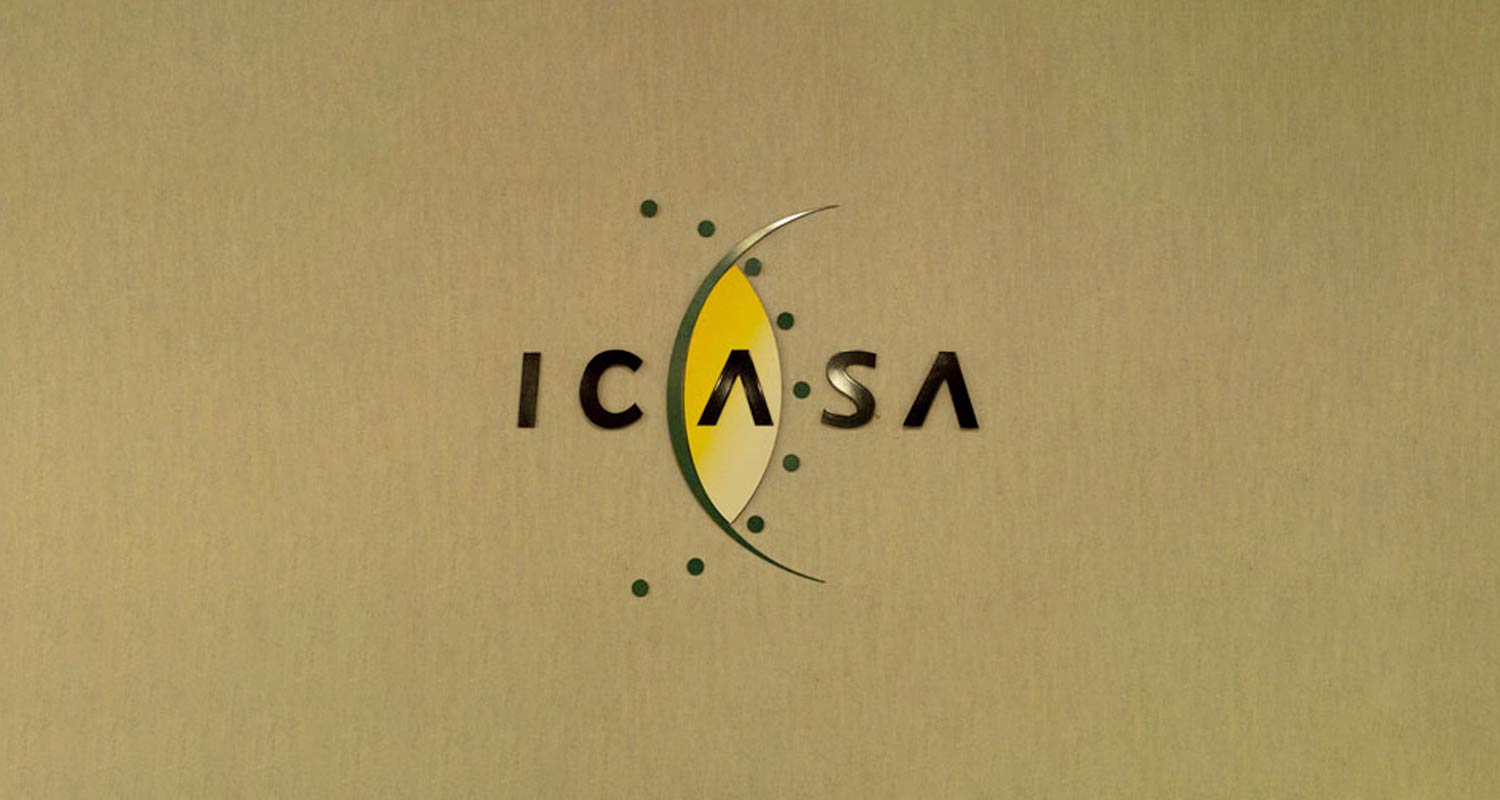
Telkom has told Icasa that the process the communications regulator followed in setting the latest proposed changes to call termination rates, although long and detailed, reached the wrong conclusions.
Termination rates are the fees that operators charge each other to carry calls between their networks – and Icasa has proposed further significant reductions in the rates in the hopes of further driving down retail prices paid by consumers for phone calls.
Speaking at public hearings at Icasa’s offices in Pretoria on Thursday, Lunga Siyo, head of Telkom’s consumer division, and Mark Williams, a telecommunications consultant, argued that the approach to setting the draft call termination rates – these were published in the Government Gazette in March – ignored the impact on competition and could drive smaller operators out of business.
“Greater competition gives customers a wider variety of choice in terms of operators, and tends to drive efficiency in the industry,” Siyo said. “It also helps the country accelerate the inclusion of everyone in society. With the new rates regime, Telkom could end up being a net out-payer and that might lead us to close shop.”
Telkom criticised Icasa’s decision to follow the approach of European regulators, which treated the fixed and mobile markets differently when it came to setting termination rates. The situation in South Africa is very different, said Telkom.
“The volume of fixed calls has declined significantly, and substitution between fixed and mobile is much stronger locally [than it is in Europe],” said Williams.
Draft regulations
In the draft regulations, Icasa has proposed that mobile termination rates be slashed from 9c/minute now (13c for smaller operators) to 7c (9c) on 1 July 2024 and 4c (4c) on 1 July 2025. The rates have been coming down for the past decade, from an historic high of R1.25/minute.
The proposed cuts to fixed-line termination rates are even more aggressive: from 6c/minute now, Icasa wants these reduced to 4c from 1 July 2024 and to just 1c from 1 July 2025 – a cut of 83% in just 15 months. (There is no asymmetry for smaller players in fixed call termination.)
Telkom said fixed-line rates are being unfairly targeted in the draft regulations.
Read: Cutting wholesale call rates a waste of time: Vodacom
It said, too, that the decision to remove asymmetry in the rates – where larger operators paid smaller ones more than the smaller ones paid them for carrying each other’s calls – did not factor in the impact on competition, arguing that the structure of the market has not changed despite the entrance of smaller operators such as Telkom and Cell C.
Telkom also questioned the approach Icasa has used in its costing models for determining fixed-line rates, saying it was “inappropriate”. Icasa applied a “modern equivalent asset” condition that favours the use of newer technologies such as mobile, but Telkom said this will hinder it from recovering the investments it made into fixed-line technology.

“No one is investing in new circuit-switched technologies for fixed voice. The mobile market, on the other hand, is growing. By applying slightly arbitrary concepts of ‘modern equivalent technologies’ to the fixed market, Icasa is penalising Telkom for having made good decisions in the past,” said Williams.
In its presentation, Telkom concluded that:
- Icasa’s draft regulations on call termination are not based on a clear view of how reducing the rates will affect competition;
- Enhancing competition does not appear to be a primary objective of the process;
- The decision to remove mobile asymmetry was taken without considering the full implications for competition; and
- The cost modelling has resulted in mobile termination rates that are too high and fixed termination rates that are too low, which will benefit larger players, namely Vodacom and MTN.
“Look at the customers and look at the traffic in the market. You have to make sure that you create a competitive environment for smaller players,” said Siyo.
Cell C wants asymmetry
Cell C, which also presented at the public hearings, argued, too, that the decision to remove asymmetry in the rates will be detrimental to smaller players, harming competition.
“The proposal to drastically decrease termination rates without maintaining asymmetry will disproportionately benefit dominant players, lead to revenue loss for smaller players and have no direct benefit to the end consumer,” said Cell C CEO Jorge Mendes.
 Mendes said that instead of using a time-based metric – three years of asymmetry for new entrants, according to the draft regulations – Icasa should consider the market structure and determine asymmetry (and benefits) based on market share.
Mendes said that instead of using a time-based metric – three years of asymmetry for new entrants, according to the draft regulations – Icasa should consider the market structure and determine asymmetry (and benefits) based on market share.
“Asymmetry remains vital to rebalance the distortions in the market and is vital for smaller players to present even a slight competitive constraint on the dominant players,” he said.
The hearings, which are being held in Pretoria, are scheduled to conclude later on Thursday. – © 2024 NewsCentral Media




